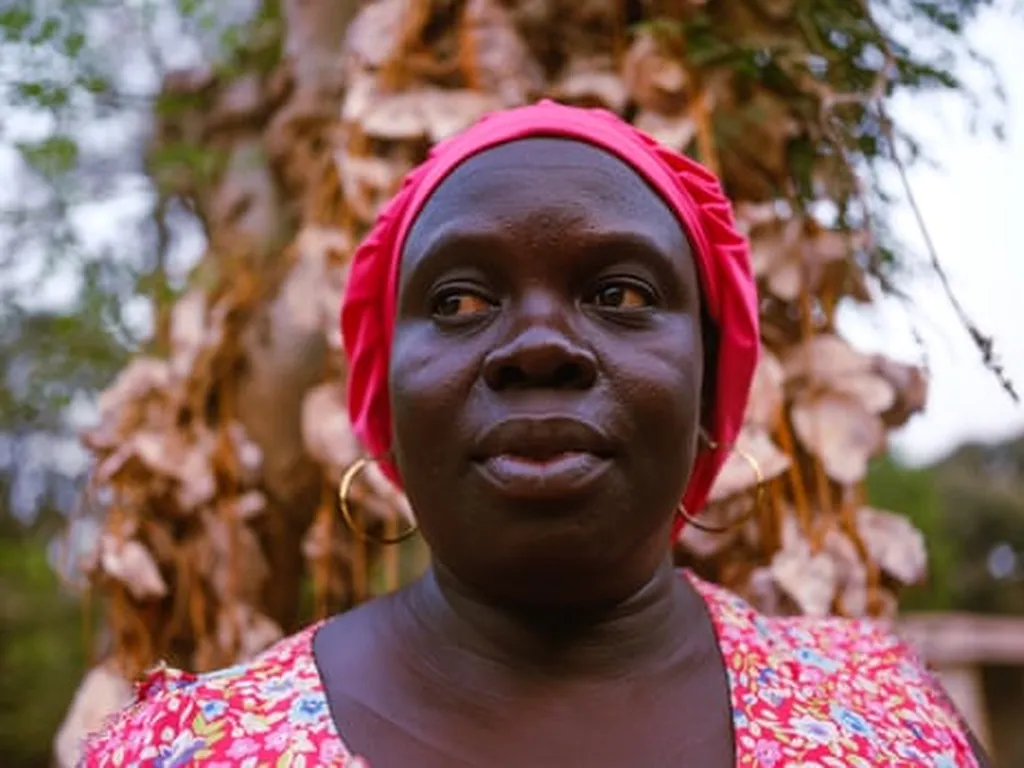In the heart of Burkina Faso, a nation where agriculture is the backbone of the economy, a groundbreaking study is shedding light on how sustainable farming practices can bolster food security, but with a twist—agro-ecological zones matter. Led by Lwungili Justin Bationo from the Economic and Social Study, Documentation and Research Center (CEDRES) at Thomas Sankara University, this research delves into the nuanced relationship between sustainable agricultural practices and food security, offering insights that could reshape agricultural policies and interventions.
The study, published in *Cogent Food & Agriculture* (which translates to “Thoughtful Food & Agriculture”), reveals that adopting sustainable agricultural practices can increase the food security of farmers by a substantial 39.10%. However, the impact isn’t uniform across the country. The research highlights that the Sudanian zone, characterized by its distinct ecological conditions, sees a significant positive effect from these practices. In contrast, other agro-ecological zones show a positive but statistically insignificant impact.
“This study underscores the importance of tailoring agricultural interventions to the specific ecological conditions of different regions,” Bationo explains. “By doing so, we can maximize the effectiveness of sustainable practices and ensure that they contribute meaningfully to food security.”
The findings suggest that one-size-fits-all approaches may not be the most effective strategy for improving food security in Burkina Faso. Instead, interventions should be designed with a keen understanding of the local agro-ecological context. This could mean targeted training programs, region-specific sustainable practices, and policies that consider the unique challenges and opportunities presented by each zone.
For the agricultural sector, this research opens up new avenues for innovation and investment. Companies and organizations involved in agricultural development can leverage these insights to create more effective and efficient programs. By focusing on the specific needs of different agro-ecological zones, they can enhance the adoption of sustainable practices and ultimately improve food security for rural communities.
Moreover, the study’s emphasis on the role of agro-ecological zones could influence future research and policy-making. It calls for a more nuanced understanding of how ecological conditions interact with agricultural practices, paving the way for more targeted and impactful interventions.
As Burkina Faso and other nations grapple with the challenges of food security and sustainable agriculture, this research offers a compelling case for a more tailored approach. By recognizing and addressing the unique needs of different agro-ecological zones, stakeholders can work towards a future where sustainable practices not only thrive but also significantly improve the lives of farmers and their communities.

